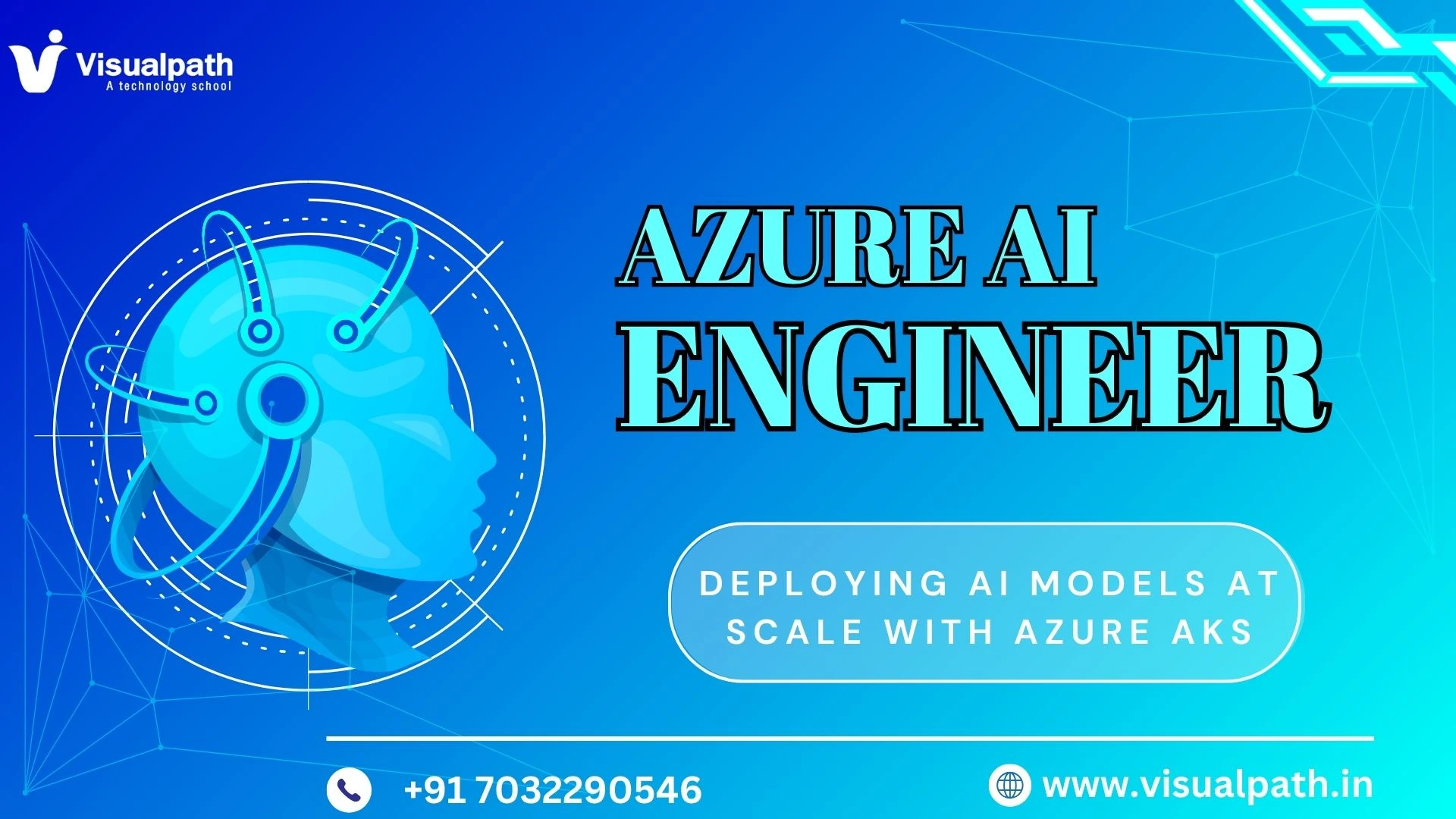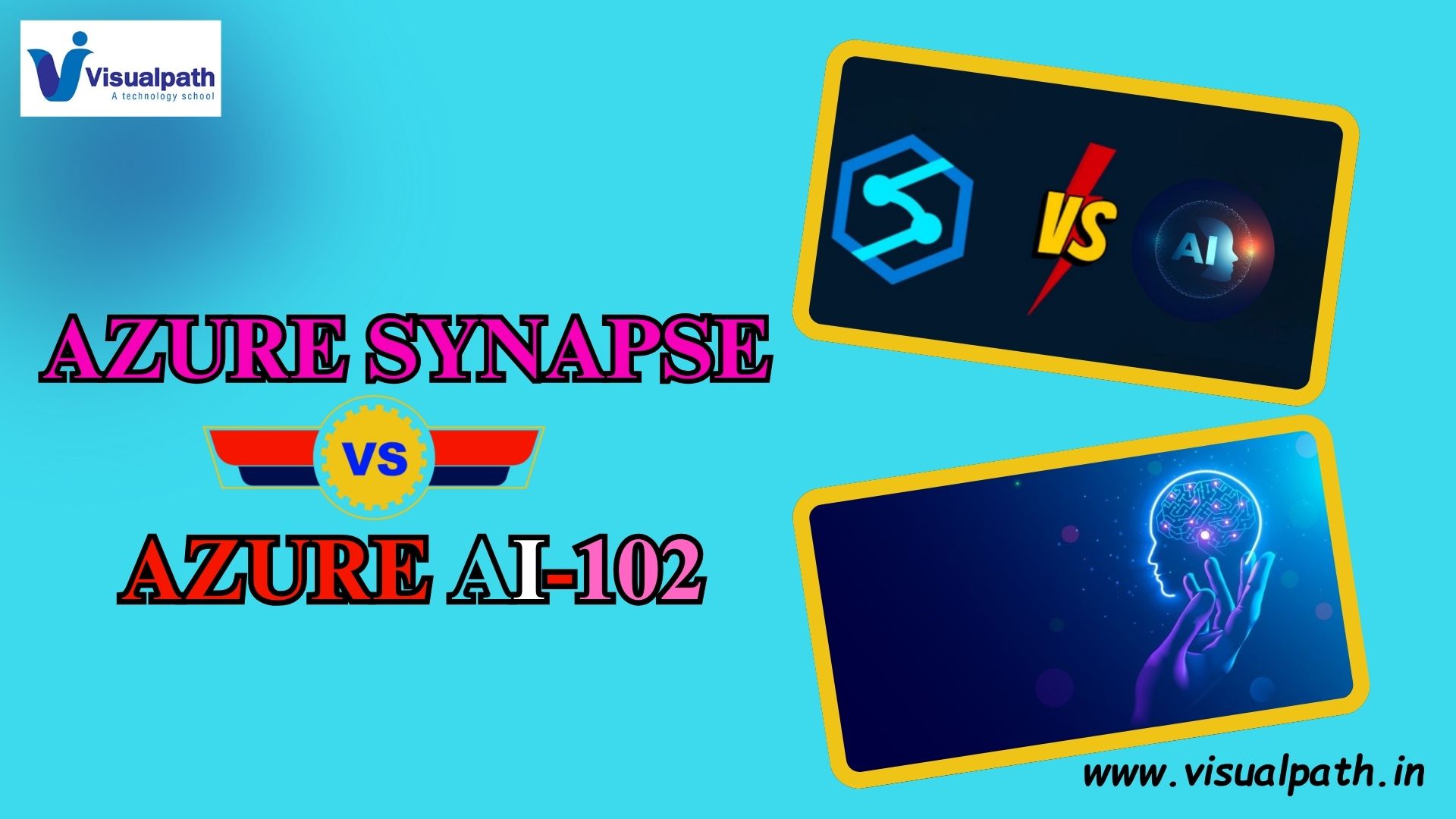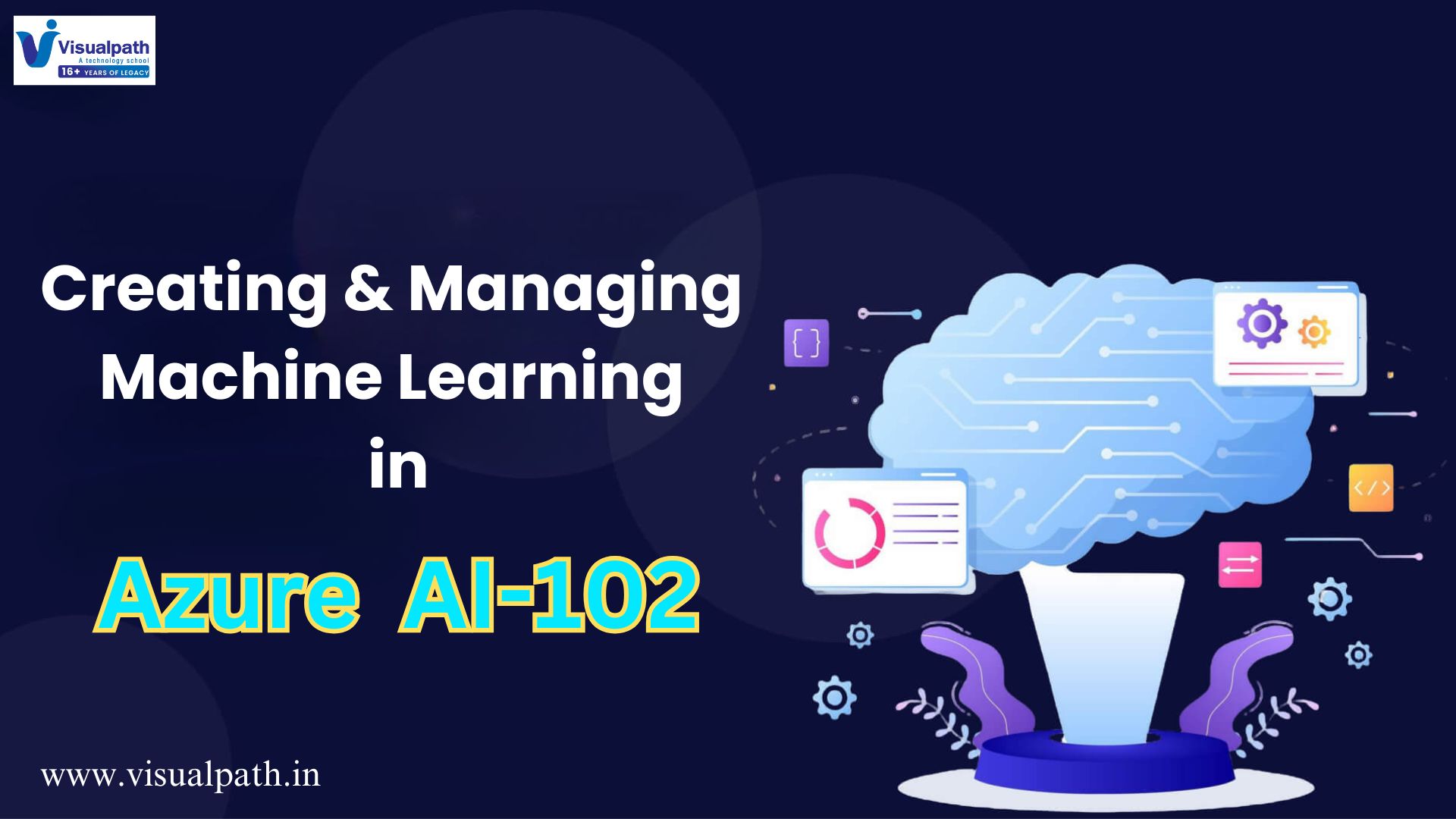This is where Azure Kubernetes Service (AKS) plays a pivotal role. As a fully managed Kubernetes service, AKS allows organizations to containerize, deploy, and scale their AI models in a consistent and efficient way. In the world of modern artificial intelligence (AI), deploying machine learning models efficiently and at scale is a key challenge. Traditional deployment methods often fall short when managing large datasets, complex models, and the need for rapid scaling.
What is Azure Kubernetes Service (AKS)?
Azure Kubernetes Service is Microsoft’s fully managed Kubernetes offering that simplifies deploying, managing, and scaling containerized applications. With built-in tools for monitoring, scaling, networking, and security, AKS makes it easier for data scientists and AI engineers to move models from experimentation to production — seamlessly and securely.
Benefits of Using AKS for AI Model Deployment
- Scalability
One of the primary benefits of AKS is its auto-scaling capability. AI workloads can vary drastically in demand, especially in production environments where inference requests spike during peak times. AKS automatically scales the number of pods and nodes based on the load, ensuring performance remains consistent. Azure AI Engineer Certification - Containerization with Docker
AI models can be packaged with all their dependencies into Docker containers. These containers can then be deployed on AKS clusters, ensuring that the environment is consistent across development, testing, and production. - CI/CD Integration
AKS supports seamless integration with CI/CD pipelines through tools like GitHub Actions and Azure DevOps. This ensures that AI models can be trained, tested, and deployed automatically, streamlining the MLOps (Machine Learning Operations) process. - High Availability and Resilience
With AKS, you can distribute AI workloads across multiple nodes and regions, ensuring high availability. It also supports self-healing features that automatically replace failed pods, ensuring minimal downtime. - This allows for faster training and inference while optimizing cost and resource utilization.
- These insights are crucial for troubleshooting and optimization. Azure AI Engineer Training
Steps to Deploy AI Models Using AKS
- Deploy the Model Using Kubernetes Manifests
Define Kubernetes deployment and service YAML files to manage the containerized model application, then apply them using kubectl. Microsoft Azure AI Engineer Training - Expose the Endpoint
Use Kubernetes Services (e.g., LoadBalancer or Ingress) to expose the model API to the internet or internal clients. - Monitor and Scale
Use Azure Monitor and horizontal pod autoscaler (HPA) to keep track of resource usage and automatically scale the application based on demand.
Conclusion
Azure Kubernetes Service (AKS) provides a robust, scalable, and production-ready platform for deploying AI models. With its native support for containers, GPU workloads, autoscaling, and DevOps integration, AKS empowers AI teams to serve models reliably across a wide range of use cases. Whether you’re working on computer vision, NLP, or predictive analytics, AKS offers the flexibility and performance needed to bring your AI solutions to scale effectively.
Trending courses: AI Security, Azure Data Engineering, SAP PaPM
Visualpath stands out as the best online software training institute in Hyderabad.
For More Information about the Azure AI Engineer Online Training
Contact Call/WhatsApp: +91-7032290546
Visit: https://www.visualpath.in/azure-ai-online-training.html




